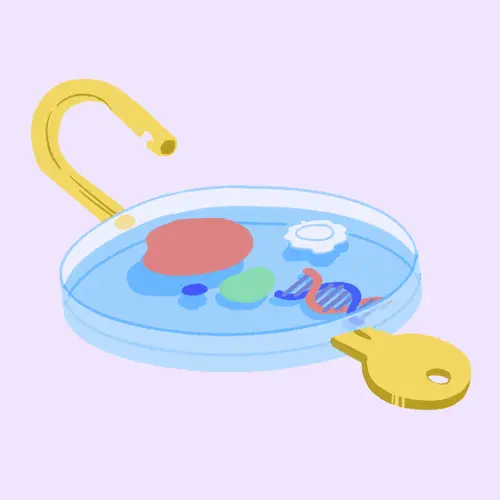What Is a Food Allergy Test?
A food allergy test is a skin or blood test that helps you and your doctor figure out if you’re allergic to specific foods and which ones. Or if you think certain foods might be giving you or your child trouble, allergy testing can help you figure out what's going on.
First, see an allergist. They’ll ask you questions about what you think you’re allergic to and your symptoms. Sometimes that’s enough to pinpoint the problem food, or the doctor may suggest some tests.
Allergy testing can help the doctor find out what you're allergic to, but it isn’t foolproof. After your tests are done, you'll need to work together to get the right diagnosis.
Food Allergy Symptoms
The symptoms of a food allergy can be mild for one person and severe for someone else. Sometimes, they’re even life-threatening. Common food allergy symptoms include:
- An itchy or tingling feeling in your mouth
- Skin conditions like hives, itching, or eczema
- Lip, face, tongue, or throat swelling
- A stuffy nose, wheezing, or trouble breathing
- Stomach pain, diarrhea, or throwing up
- Dizziness or fainting
Some people may also have a severe allergic reaction to food called anaphylaxis. Symptoms include tightened airways, throat swelling, a drop in blood pressure, and a fast pulse. You could pass out. If you think this might be happening to you or spot it in someone else, call 911 right away.
Skin Testing or Skin Prick Test
Skin testing is the most common and quickest food allergy test. Your doctor can test you for several foods at once.
First, they'll put a small drop of liquid containing the food on your skin and prick it. Then they’ll watch for a reaction. It’s usually a small bump that turns red. It might look like a mosquito bite.
If your skin reacts, you’re probably allergic to that food. The doctor can talk with you about other treatment options. If you don’t react, you probably aren’t allergic to it.
Food Allergy Blood Tests
Your doctor will take a sample of your blood and expose it to different allergens. You won’t learn the results right away. This test is usually sent to a lab, and results could take a week or more.
Doctors don't use it as often. They may use it if they have an idea of what you’re allergic to. That way, you don’t have to be exposed to what may be the cause.
Neither skin nor blood tests can accurately predict how severe a food allergy reaction may be.
Controlled Food Challenge
Doctors don't do this test often because it's dangerous for people with severe food allergies.
It’s useful to confirm a skin or blood test, or to see if a child has outgrown an allergy. It can be used to eliminate a specific food from the list, too. Sometimes your skin might react to a food, but you wouldn't have symptoms if you ate it.
If a blood test doesn't find out what's triggering your symptoms, a controlled food challenge can help sort out the cause.
For this test, you’ll go to your doctors’ office or a hospital. That way doctors can watch you closely in case you have a severe allergy attack.
The doctor will give you food samples and watch for a reaction. Or you may take capsules -- some with an allergen in it, some without. That way the doctor can be sure it’s the food causing the reaction.
Never try this type of test on your own. It can cause a serious reaction.

